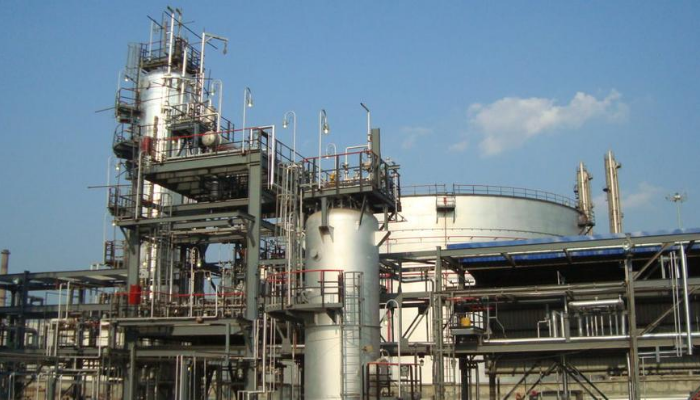Re: N570bn for refinery rehabilitation, a waste of resources
In my humble opinion, I will begin by saying we already have so many senses of how the world is drastically changing faster than ever before. This global far-reaching change must begin with Nigeria.

I absolutely concurred with the aforementioned title, written by the Daily Trust Editorial, published on Tuesday March 23, 2021.
In my humble opinion, I will begin by saying we already have so many senses of how the world is drastically changing faster than ever before. This global far-reaching change must begin with Nigeria.
I believe that Nigeria has been thrown into a quandary because in the current frightening era in which Nigerian counterparts of oil-producing nations such as Qatar, Saudi Arabia and United Arab Emirates, have massively been investing their oil revenues to non-oil sectors on account of an uncertainty in crude oil and natural gas markets. These three countries have vastly been investing their oil revenues in industrialization, entrepreneurship, agriculture and tourism since the past four decades. Is this not a model worthy of emulation for Nigeria?
It is pitiful that the reverse is the case in Nigeria, instead of investing that N570bn in non-oil sectors such as agriculture, youth empowerment and industrialization, she made an ill-advised decision to squander her resources in rehabilitating that outmoded refinery.
Indeed, there are so many lessons that Nigeria can learn from those top oil-producing nations, especially the United Arab Emirates. For instance, the Abu Dhabi Economic Vision 2030, which focuses on creating economic activities that diminish the reliance on the oil sectors and building knowledge-based industries. Under this well-planned vision, the UAE has heavily been investing her oil revenues in tourism, agriculture, entrepreneurship, females’ education, health, industrialization. Is this Emirati’s vision not a model worthy of emulation for Nigeria? Is that N570bn not deserved to be invested in agriculture or agro-industries in Nigeria?
Now that the ongoing Dangote petrochemical Refinery project in Lagos is enough for Nigeria. The project, which its 80% is now completed and expected to begin production in 2022. The refinery is also expected to meet the full demand for domestic consumption of refined petroleum products in Nigeria.
Conclusively, as nations run away from an uncertainty of single trade-commodity like oil and gas, Nigeria should invest her oil revenues massively in reviving her abandoned dam projects meant for irrigation farming and constructing brand-new ones so as to consolidate her economic diversification. Building dams or reviving them in our country is like building a brighter future for our generations that are yet to come. So, injecting that N570bn in combating fear-provoking desertification is more important than wasting it in rehabilitating that obsolete refinery.
Musa Baba Azare, Alkali Musa Street, Bauchi State
